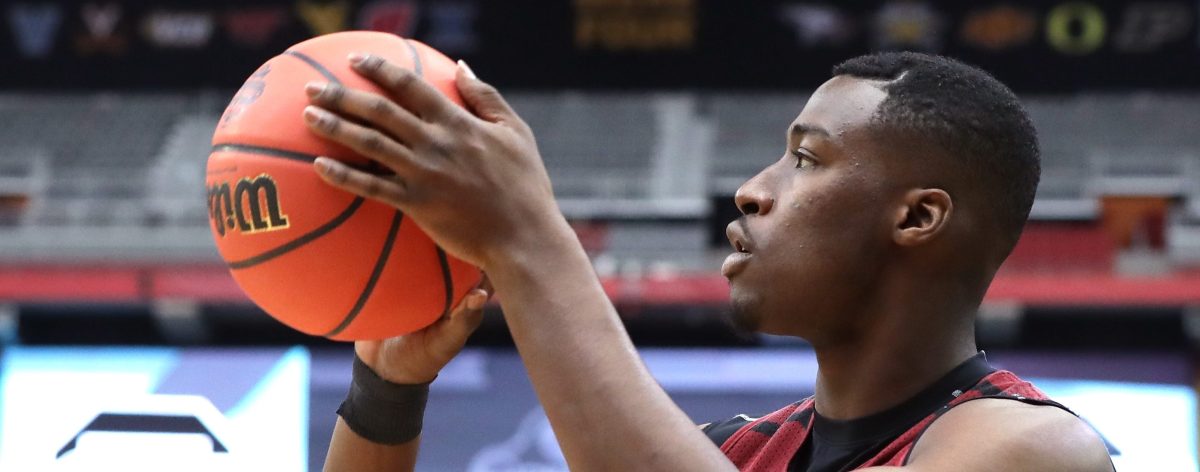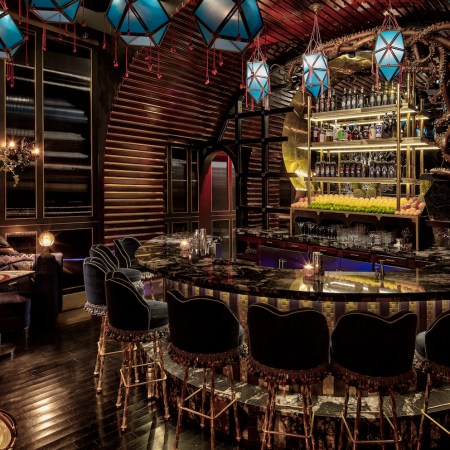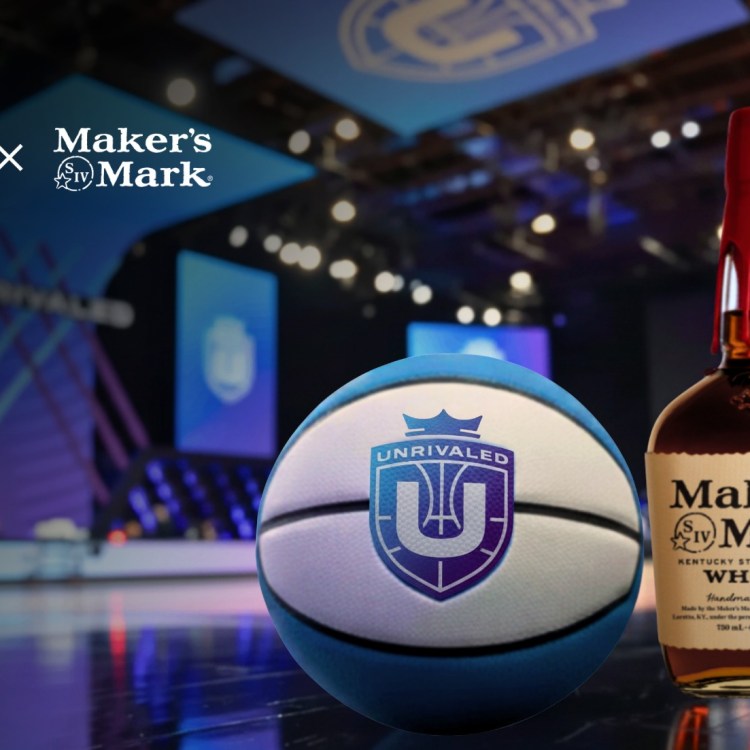The careers of some young basketball players with NBA dreams who enrolled in South Carolina’s 22ft Academy ended up taking a bad bounce.
A shocking new Fusion report chronicles the dangers of the emergence of poorly-regulated bootleg prep school that attract players desperate to improve their game or improve their exposure in America on the way to landing with a college program.
Unlike colleges and high schools, these academies offer those who enroll with few legal protections. And as the plight of 19-year-old Turkish center Mumin Tunc shows, shady prep schools like 22ft Academy can do more damage than help.
The 7-foot-tall prospect was arrested by immigration authorities in March for being in the United States on an expired Form I-20, the document the federal government requires for international students on student visas. While Tunc had paid the owner Mike Rawson in good faith for the proper paperwork, Anderson Christian, a nearby school affiliated with the 22ft Academy program to supposedly fulfill the academic requirement, did not process the visa correctly.
“Since 2013, when a burly, fast-talking Euro-league basketball agent from England named Mike Rawson launched 22ft Academy in the U.S., well over 100 players had paid as much as $26,000 a year for the chance to practice and play for one of 22ft’s three teams,” write Fusion’s Teri Thompson and Luke Cyphers.
“Some of those players, like Mississippi State’s Eli Wright and South Carolina’s Sedee Keita, ended up on college squads. Tunc wound up in federal custody.”
The immigration snafu not only landed Tunc in federal prison for 16 days, it later prevented him accepting a scholarship offer Colby Community College in Kansas. He has since given up on his dream of playing in the United States and signed on with a pro team in Turkey.
It’s just one of a long list of complaints against Rawson and his wife Brenda, who entered not-guilty pleas in federal court in Greenville, S.C., on Nov. 15. They face allegations that violated a number of laws in starting the U.S. branch of their basketball-academy business, including forging parent signatures and forcing their players to bunk in unsanitary living conditions.
There are other legal clouds hovering over the Rawsons: A September default judgment for $17,000 owned to a uniform supplier, and a lawsuit from the parent of a former 22ft player who claims her son is still suffering from the bit of a venomous spider endured in the converted barn that passed for housing.
These bootleg prep schools particularly target foreign players desperate to be noticed in the United States — prospects who potentially put themselves at risk of punishment from ICE investigators if the visas aren’t properly administered.
“(Federal agencies) don’t have the bodies and they don’t have the money to do the massive investigations that need to be done,” Atlanta immigration attorney Charles Kuck told Fusion.
The Charge will help you move better, think clearer and stay in the game longer. Subscribe to our wellness newsletter today.



















